Scientific task ordering needs to be more precise
Dr. Truong Vinh Hai, Deputy Director in charge of the Southern Institute of Agricultural Sciences (IAS), shared that in recent times, Vietnam's agricultural sector has achieved many successes when it always ranks at the top of the world in production and export of many agricultural products such as rice, coffee, pepper, cashew, cassava, etc.
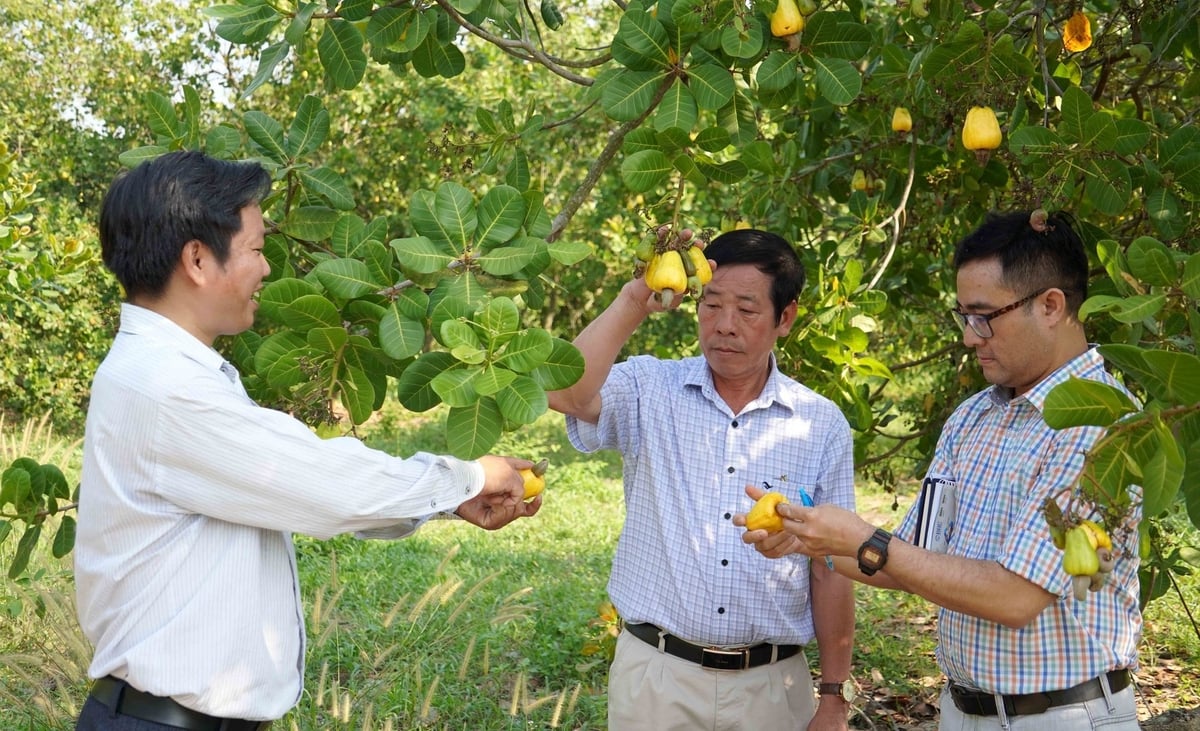
A cashew variety of the Cashew Research and Development Center (Southern Institute of Agricultural Science and Technology). Photo: Thanh Son .
The agricultural sector has achieved great achievements in the context of our country's very low spending on science and technology (S&T) activities. According to the report of the Central Economic Committee (now the Central Policy and Strategy Committee), spending on research and development (R&D) accounts for only 0.67% of GDP, much lower than other countries in the region and the world (from 2 to 5%).
Dr. Hai affirmed: "With a very modest investment level, the agricultural sector has achieved such great achievements, which is something to be respected and proud of. I believe that with Resolution 57 of the Politburo on breakthroughs in science and technology development, innovation and national digital transformation, the agricultural sector will have a great opportunity to develop even more strongly."
According to Dr. Hai, Resolution 57 is a very comprehensive resolution, from its name to its goals and implementation solutions. The resolution will solve many problems that are hindering the development of science and technology.
However, to achieve the goals set out in Resolution 57, there is still a long way to go and a lot of work to be done. Most recently, the National Assembly issued Resolution 193 to remove the bottlenecks that Resolution 57 pointed out. This includes perfecting institutions, removing barriers and obstacles when implementing science and technology tasks. These are directly related to institutes and schools in implementing science and technology tasks.
Any scientific and technological task usually includes the following steps performed in order: Order, approval, implementation, acceptance, and products.
To contribute to the “take-off” of science and technology, it is necessary to immediately resolve all obstacles and unreasonable things that appear in the process of implementing science and technology tasks. For example, in the ordering stage, it is necessary to be appropriate, closely follow the practical requirements of society and be based on the potential of the units. There is a reality that for a long time, because the ordering stage has not been really specific, the same every year, not closely following the urgent needs of the locality, leading to many units proposing research not daring to make breakthroughs, only starting from the unit's capabilities rather than the practical needs.
Or in the review stage, to have large-scale, breakthrough scientific topics and tasks, it is necessary to have suitable experts participating in the review board. The suitable person must be knowledgeable about the field that has been ordered. For example, the types of crops and fields in the southern ecological zone are different from those in the northern ecological zone. Therefore, when reviewing a scientific task about a certain crop or field, it is necessary to invite experts who are knowledgeable about the crop or field that has been ordered.
Currently, when ordering scientific and technological tasks, there are certain requirements for the final products and transfer to practice. However, this issue is very complicated because it depends on many factors. To resolve this paradox, Resolution 193 of the National Assembly clearly states that scientific and technological tasks are carried out according to the method of allocating expenditures to the final product when the organization in charge of implementing the scientific and technological task has a commitment to the product of the task with the main quality criteria that need to be achieved. With this mechanism, only scientific research institutions with sufficient capacity dare to accept scientific and technological tasks. At that time, the topics will be more practical.
Retaining talented and highly qualified people
Regarding infrastructure for science and technology development, Dr. Truong Vinh Hai assessed that we are currently both lacking and backward, or "having a surplus in a state of shortage". Due to outdated or asynchronous equipment, there are indicators that have been regulated abroad that cannot be analyzed in Vietnam, or if they are, the reliability is not high.
It can be said that most of the current equipment, if used to analyze and evaluate national-level science and technology tasks, cannot meet the requirements, so it is necessary to invest in new infrastructure and equipment.
According to Resolution 57, the budget for research and development will be raised to 2% of GDP. Dr. Hai believes that with such a budget, in the coming time, infrastructure and equipment for scientific and technological research will be invested in a more systematic and modern manner than at present.

Research on some rice varieties at the Dong Thap Muoi Agricultural Research and Development Center (Southern Institute of Agricultural Science and Technology). Photo: Thanh Son .
However, when there is infrastructure and modern equipment for science and technology, there must be people with the capacity to operate these equipment. Therefore, it is necessary to organize training for human resources capable of operating modern equipment and performing science and technology tasks in the new era.
In addition, the urgent issue now is to have mechanisms and policies so that institutes and schools can retain talented people. In recent times, due to low salaries and unsuitable working environments, high-quality human resources from research institutes have been "attracted" to businesses in large numbers, especially those with high degrees, qualifications, and formal training abroad.
Right at the Southern Institute of Agricultural Science and Technology, most of the PhDs trained abroad, including those trained in countries with high levels of science and technology such as the US, UK, Japan, the Netherlands, Belgium, etc., have left the Institute and gone to work for businesses.
Dr. Truong Vinh Hai shared that the institutes have tried their best but cannot retain highly qualified and well-trained staff, because with the current mechanism, even finding a regular scientific task to retain talented and highly qualified people is very difficult because each year, the number of selected scientific tasks is quite small.
Source: https://nongnghiep.vn/co-hoi-tu-nghi-quyet-57-phai-giu-duoc-nguoi-tai-d744989.html



![[Photo] Prime Minister Pham Minh Chinh chairs meeting to remove difficulties for projects](https://vstatic.vietnam.vn/vietnam/resource/IMAGE/2025/3/30/7d354a396d4e4699adc2ccc0d44fbd4f)


![[Photo] Ministry of Defense sees off relief forces to the airport to Myanmar for mission](https://vstatic.vietnam.vn/vietnam/resource/IMAGE/2025/3/30/245629fab9d644fd909ecd67f1749123)

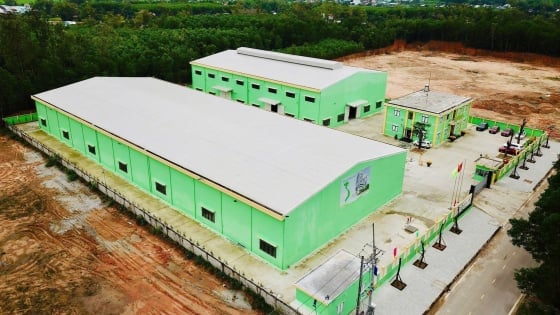

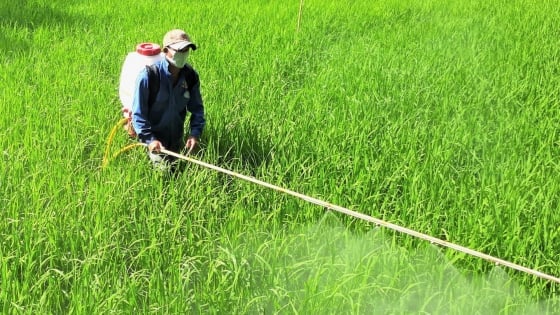
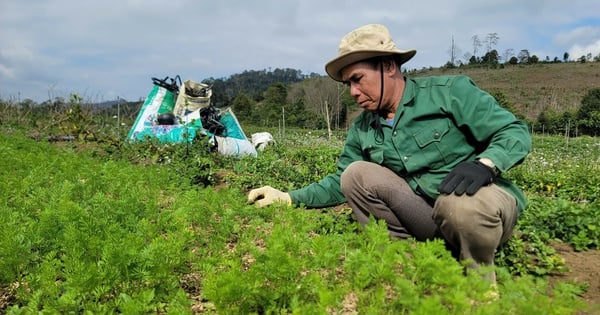
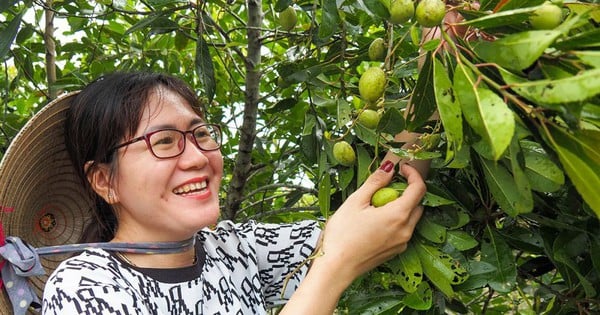
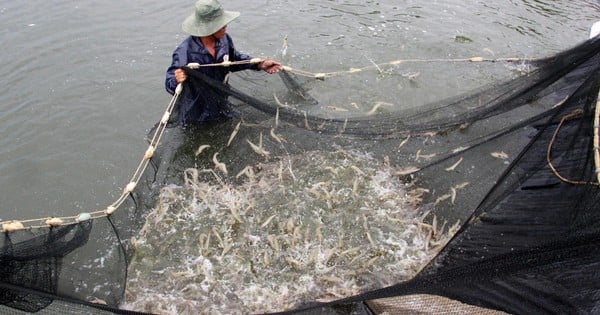




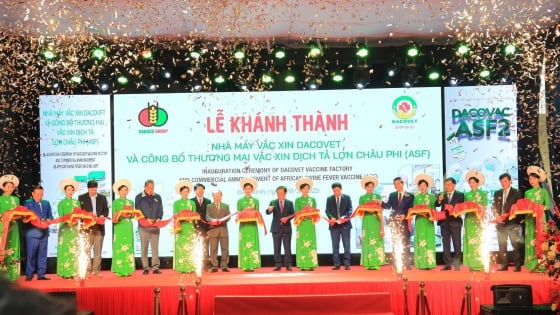
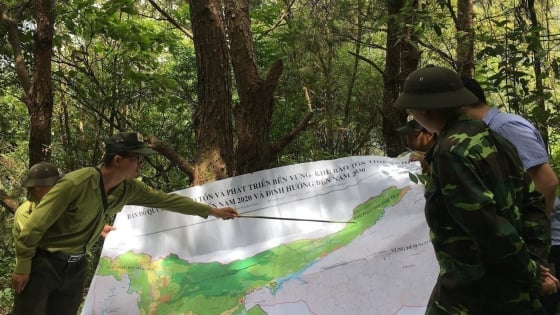
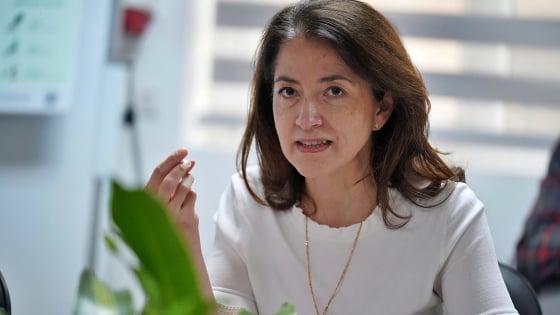



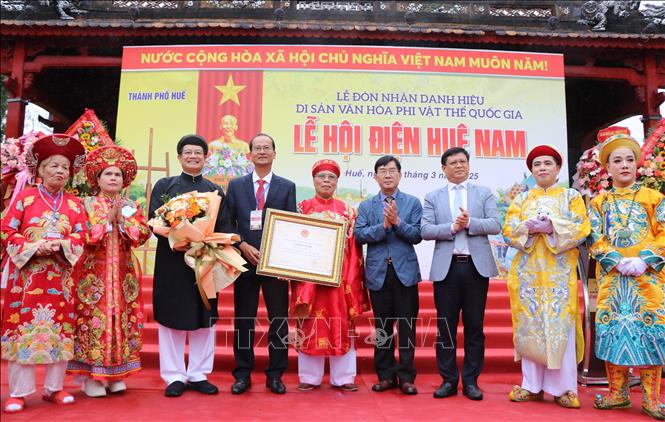

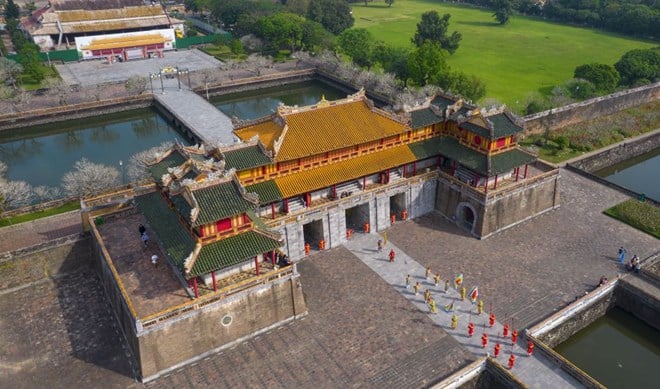















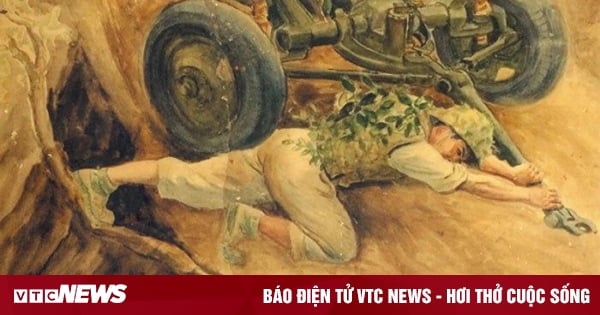

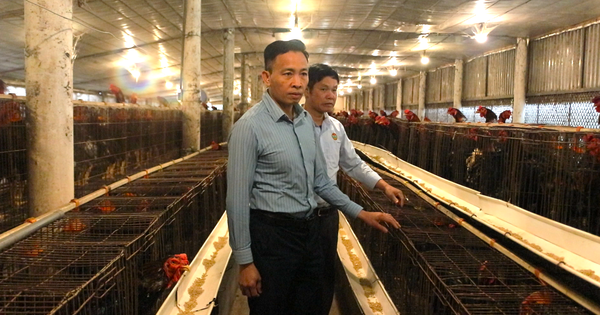













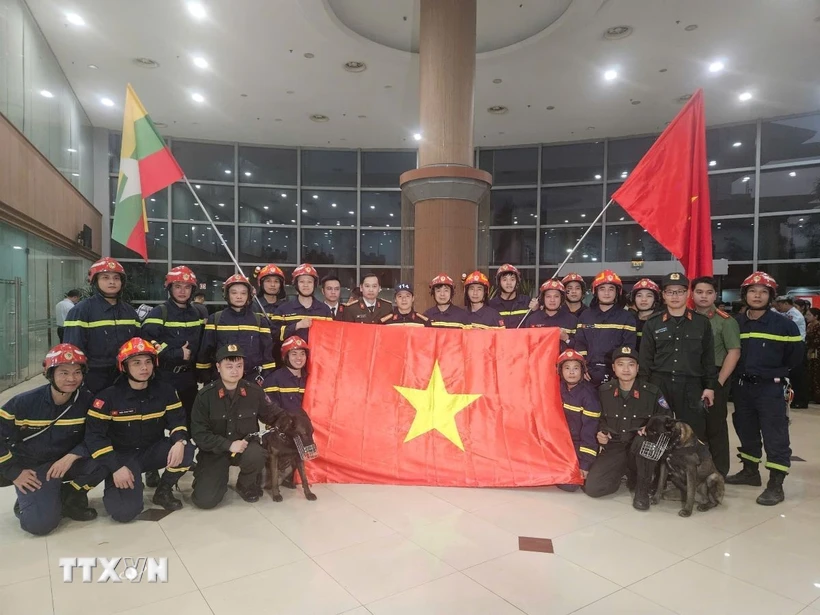
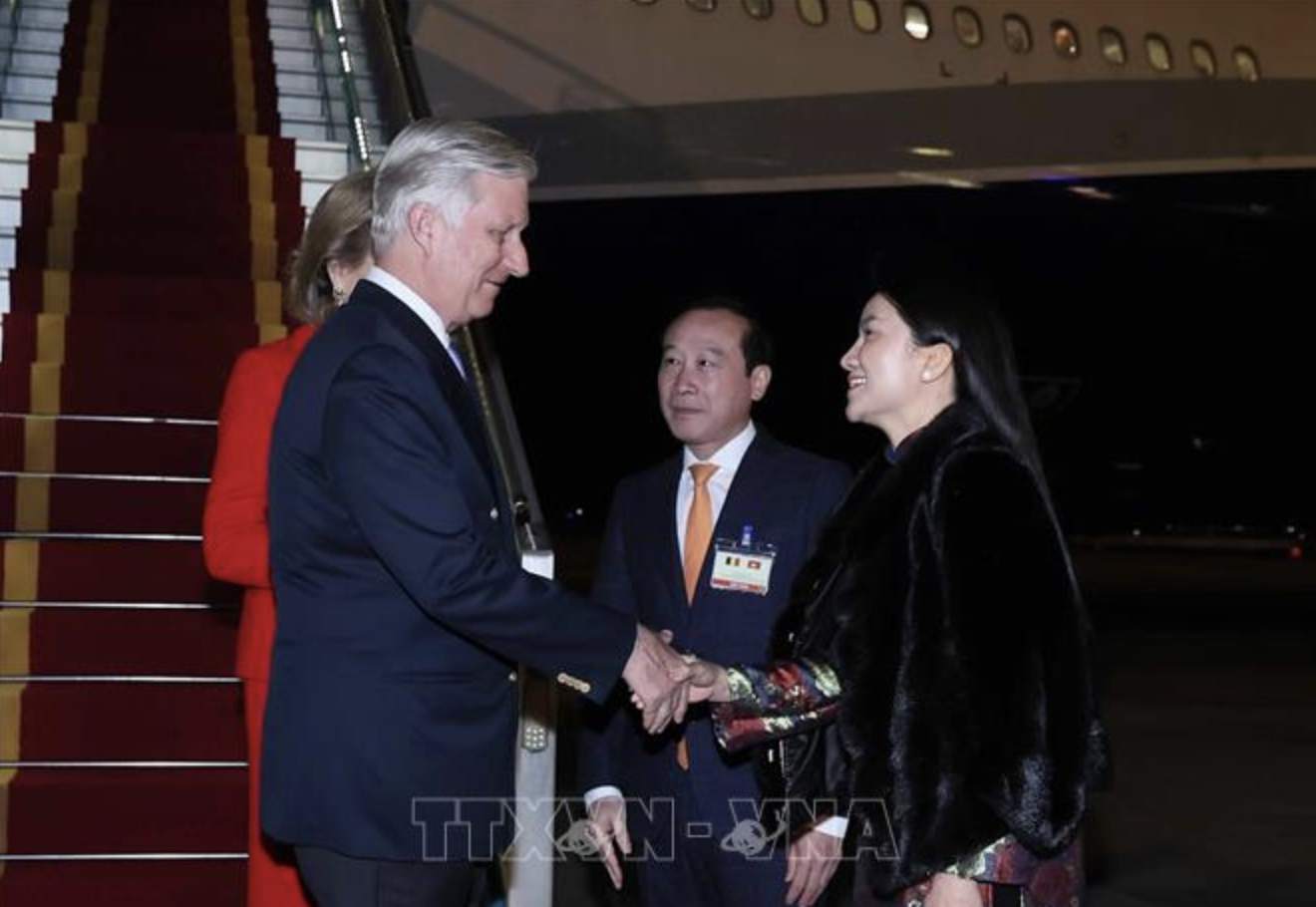
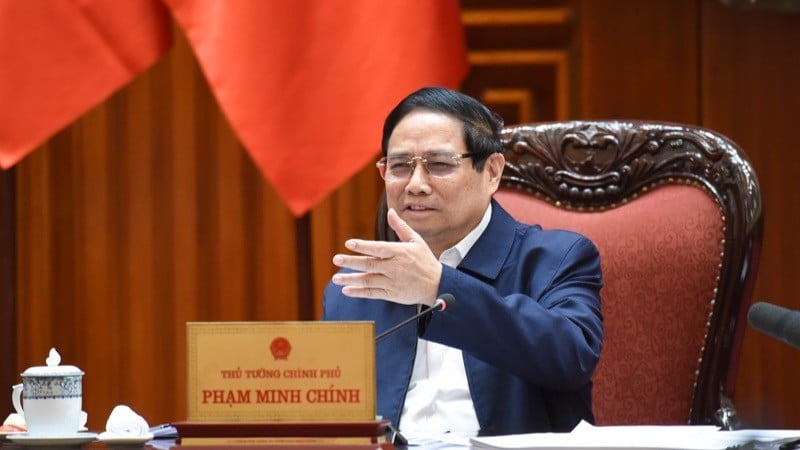

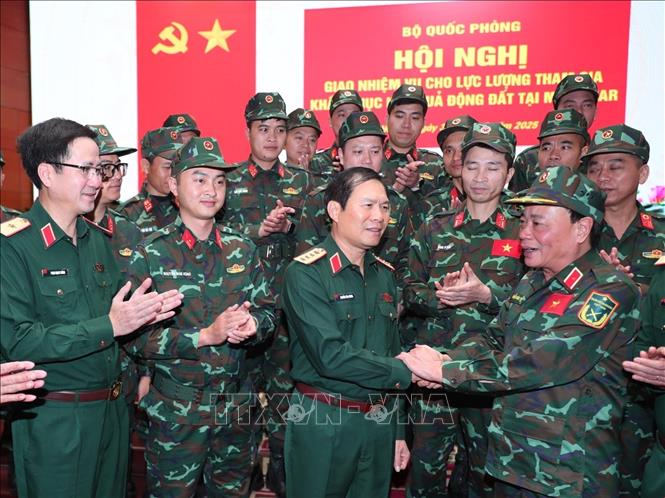
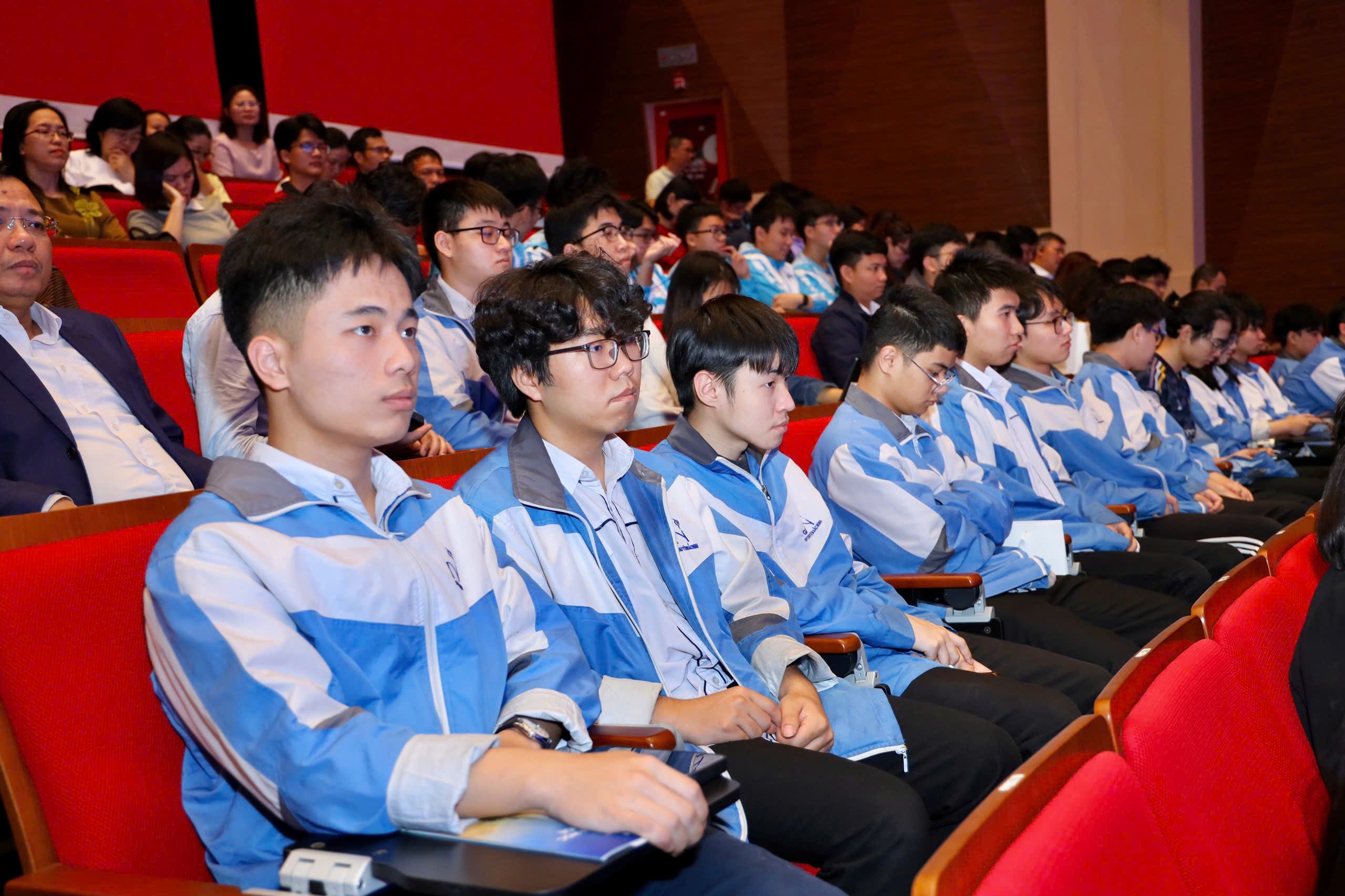

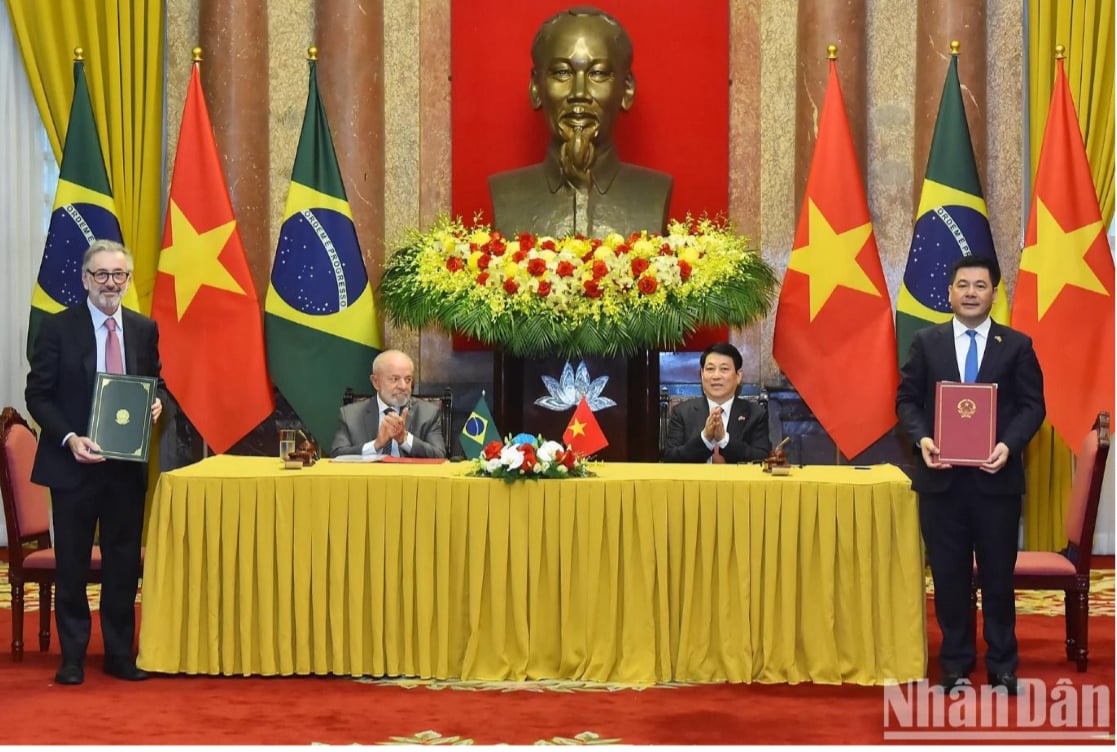




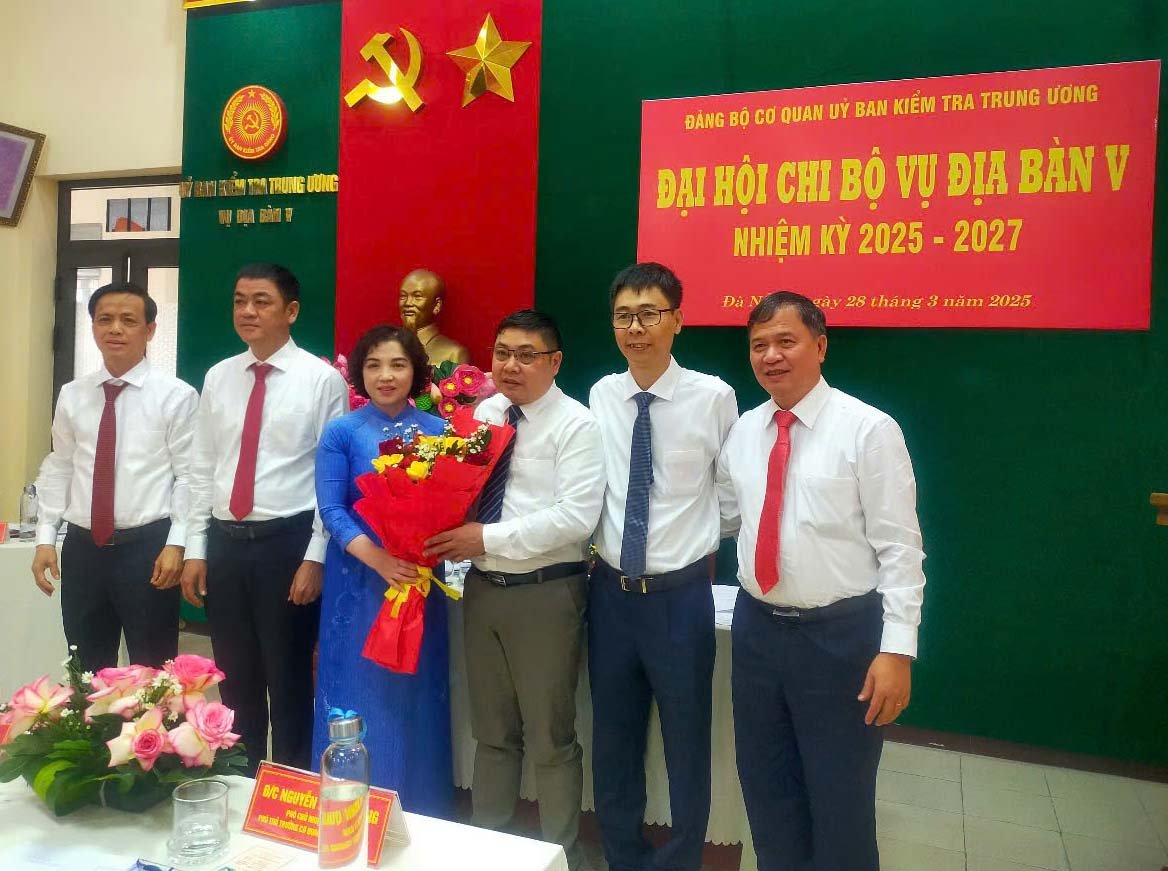

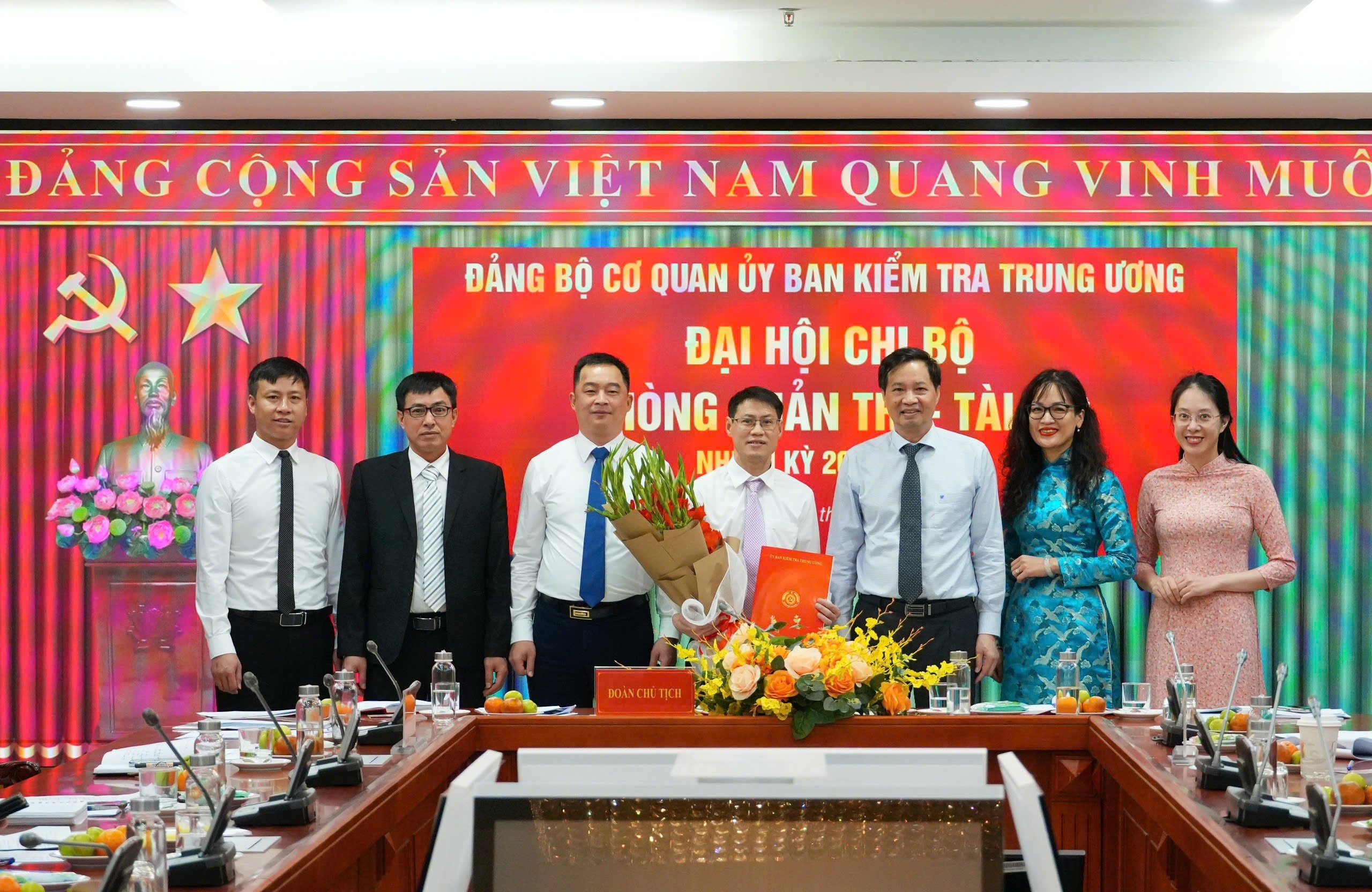







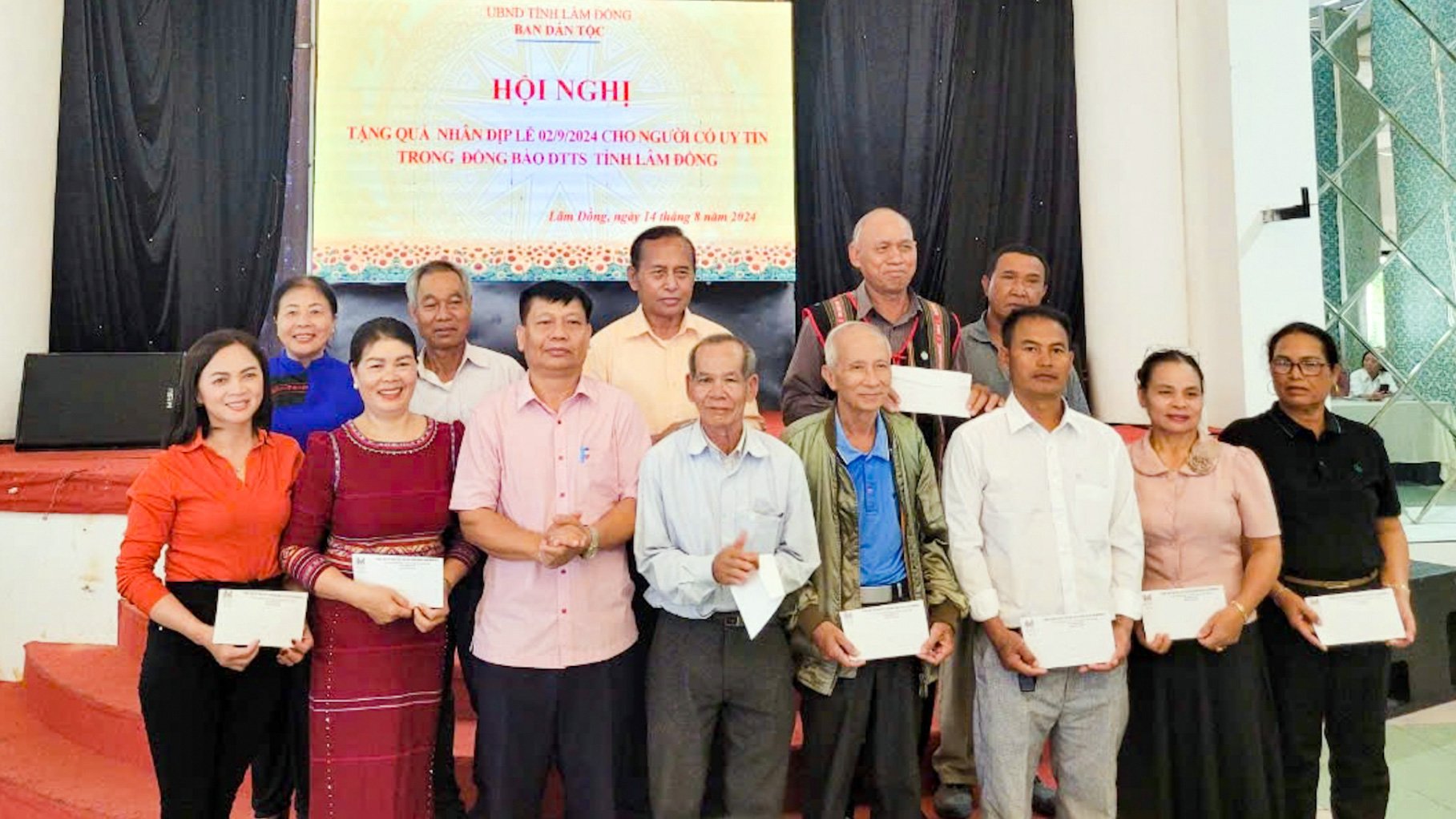

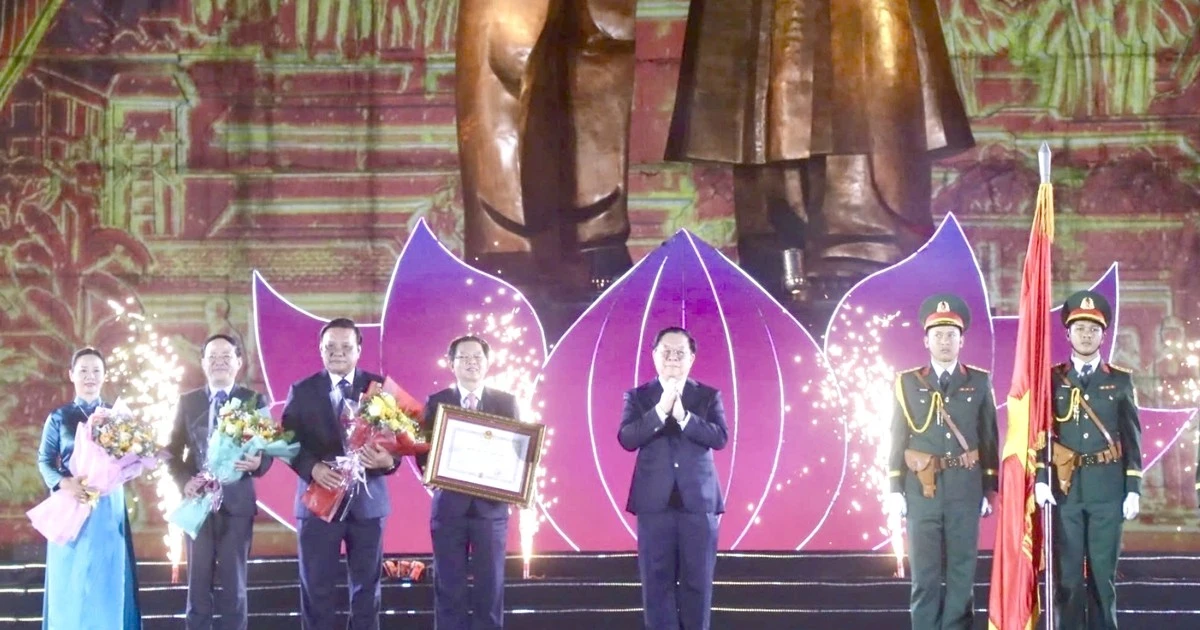

![[REVIEW OCOP] An Lanh Huong Vet Yen Cat](https://vstatic.vietnam.vn/vietnam/resource/IMAGE/2025/3/27/c25032328e9a47be9991d5be7c0cad8c)





Comment (0)